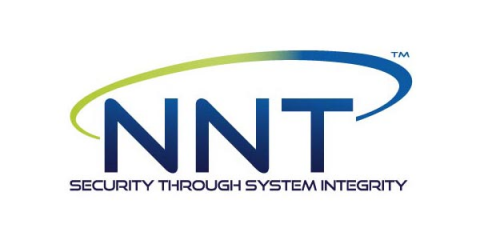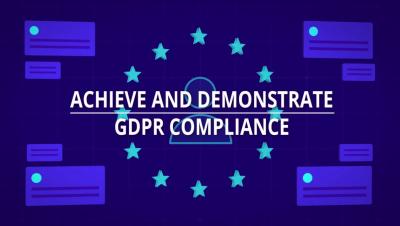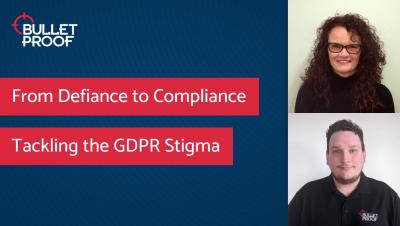Security | Threat Detection | Cyberattacks | DevSecOps | Compliance
Compliance
How to Move from Compliance to Risk-Based Security
As technology continues to evolve, so does the potential for cybersecurity risks, and just as the technology industry is showing no signs of slowing down development, neither are cybercriminals. Unfortunately for adopters of advanced technologies, the 2020 Thales Data Threat Report – Global Edition reveals that the more digitally transformed an organization is, the more likely the company is to be breached.
GDPR Compliance with Netwrix solutions
Integrated GRC Buyers Guide
Ignyte Healthcare Cyber Risk & Compliance
Netwrix Data Security Solution Demo
A guide to penetration testing for compliance
In many cases, penetration testing – a type of ethical hacking engagement designed to identify and address security vulnerabilities in networks, systems and applications – is required. Sometimes this requirement is specified directly, while in other cases it is implied by a need to build audit or assessment processes to mitigate cyber risk. This blog identifies some of the most common pen testing standards and regulations and provides guidance about the type of testing required.
How to get compliance audit training in the new virtual workplace
As many businesses have begun to work almost entirely remotely until an as-yet-to-be-determined date, they have had to plan for activities that took place largely in person in the past. For example, many compliance audits have gone virtual in these times of uncertainty. This shift has forced organizations to adjust how they prepare and plan. But even in these times of uncertainty, it is your organization’s responsibility to stay sharp and on track with security knowledge, planning, and response.
June 2020: Compliance Certification Roundup
Each month, Reciprocity highlights companies that have earned compliance certifications for information security frameworks. Here’s our June 2020 roundup of compliance news from around the United States, and around the world.










